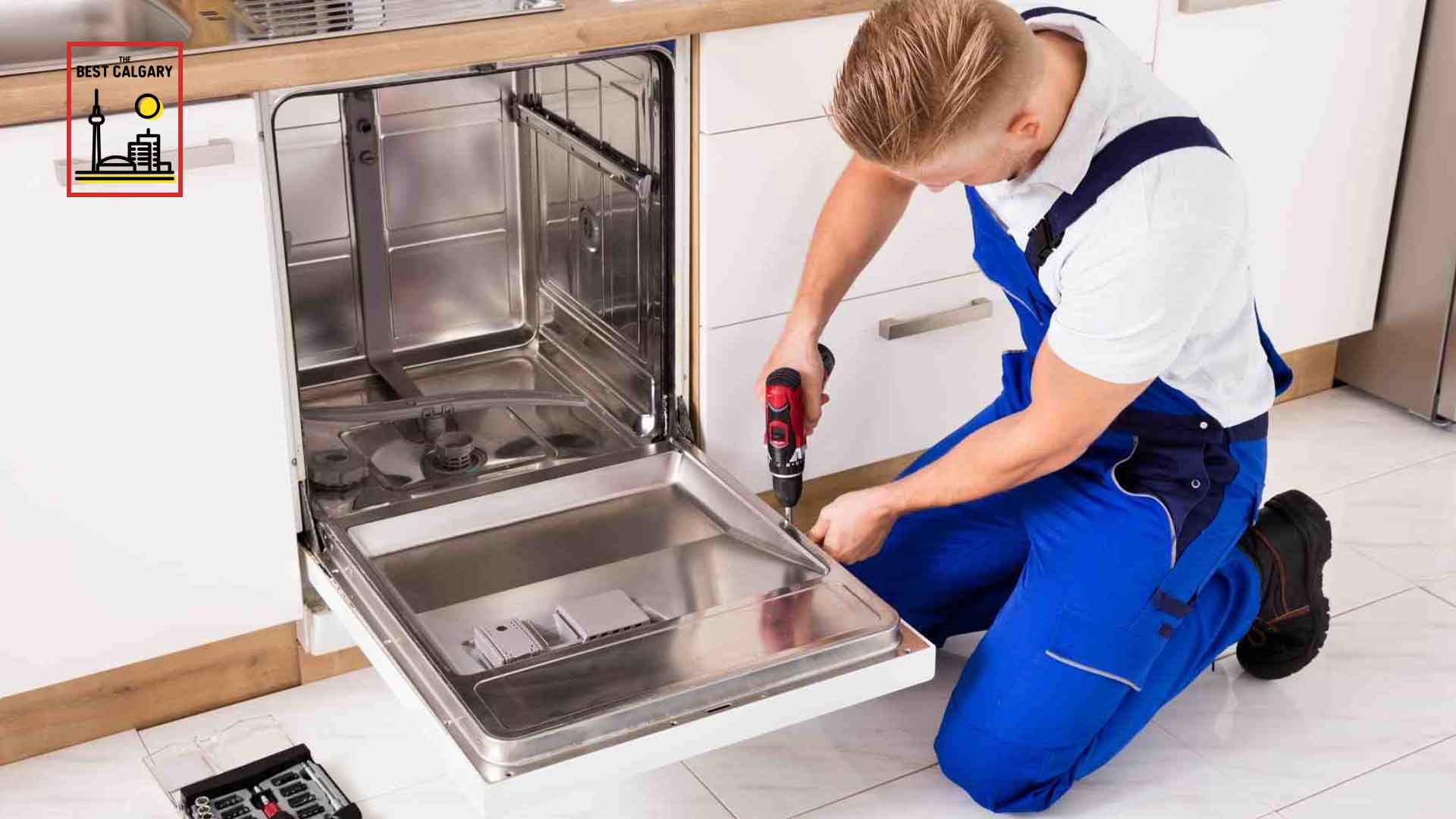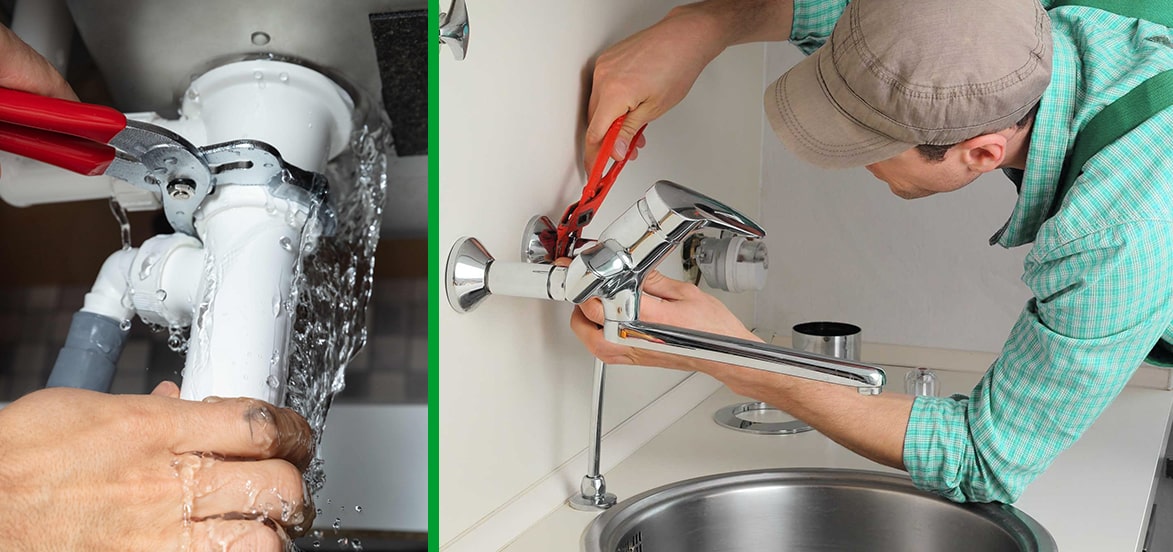Caution: Six Common Practices Which Destroy Your Home Plumbing Fixtures
Caution: Six Common Practices Which Destroy Your Home Plumbing Fixtures
Blog Article
This post which follows pertaining to Can Hard Water Ruin Your Appliances? is truly enjoyable. Read on and make your own assumptions.

The secret to long-term devices, unsurprisingly, is proper upkeep. There's no hard and fast policy that can guarantee your plumbing appliances a lengthy wear, but you can prevent unneeded damage and repair work by staying clear of negative plumbing habits.
You need to quit doing these 6 points else you'll keep calling your plumber over for minor faults.
Flushing everything
Yes, your toilet drainpipe results in the sewers, however that doesn't indicate you ought to dispose simply anything away. Lots of 'flushable' materials are in fact fantastic clog beginners, for example floss. Asides keeping noticeable non-flushable products like cords and also plastics out of your commode, you ought to also stay clear of flushing cotton buds, menstruation items, wipes, daipers and prophylactics down the bathroom drain.
DIYing everything
With plumbing, a stitch in time actually does conserve 9. You can stop a fullblown plumbing emergency by calling your plumber at the right time.
You might have discovered a few plumbing hacks from your papa, however you ought to understand where to draw the line as well as call a professional. For example, you may be able to repair a blockage yourself, yet you shouldn't attempt to transform a pipe. You can mismatch pipes or overtighten a screw, creating more injury and damages than you believed. Calling a plumber is a secure as well as economical decision.
Utilizing way too much drain cleaner
Making use of a drain cleaner greater than one or two times a month is an indicator that something major is going on within your pipelines. Currently, rather than facing the main problem, you choose a quick fix; a fizzy drainpipe cleaner. Rightfully, a drainpipe cleaner will deal with the clog, however at what price?
The chemicals in a drainpipe cleanser can accelerate the rust of your pipelines. Include that to whatever underlying issue is creating the clog and also you might need to a major trouble on your hands.
If you experience a lot of blockages, call your emergency plumber rather than making use of a drain cleaner.
Putting oil in the sink
We understand appropriately taking care of oil after a hearty meal is a discomfort. Yet merely pouring it away can do long-lasting damage to your pipes. "The fat and grease can clog your drain severely adequate to compel you to call a plumber," explains Dawson. "Plumbing functions best when it's well looked after-- not abused with oil."
Not altering your dish washer pipes
One simple method to guarantee that you use your dish washer for several years is to change the tube at least when in 5 years. This likewise applies for cleaning maker hose pipes.
Over time, food fragments, soap as well as grease can create obstructions within your pipes. Replacing them on time will certainly avoid any presure build up that can harm the inner functions of your dishwashing machine or cleaning machine.
An enhanced steel intertwined hose does a fantastic job of lengthening your equipment's use time.
No winter preventative measures
Severe climate condition misbehave for your pipelines, specifically if they're made from steel. You ought to shield your revealed pipelines, and your water tank, even if you have a hot water heater. You must likewise switch off your yard hose shutoff and any other exterior water channels. These channels are outlets for cool; you pipes can start to ice up from outside if you don't.
Prevent Water Damage from Plumbing and Appliances
Prevent toilet failure
Be patient after you flush and wait for the valve to completely finish refilling the tank and bowl. If an overflow looks imminent, lift off the tank cover and lift the float to shut off water flow to the tank, and then turn off the supply valve.
Twice a year, inspect a toilet’s components, such as the fill, supply, and flush valves, and the supply line. Make sure you can turn off the supply. If you have older screw type valves that are hard to turn or start leaking, consider replacing them with simpler ball valves that are easy to shut off quickly.
Inspect and maintain your water heater
Inspect your anode rod every two years, or every year once the warranty has expired, to determine if it needs to be replaced.
Flush water heater tanks every six months to remove sediment by attaching a garden hose to the valve at the base. For safety, first turn off the power and run hot water until it is cool.
Get an annual inspection from a plumbing professional including the shut-off valve and all piping. Signs of broken valves and loose or wet joints and rust are a sign that more severe damage is coming.
Maintain washing machine supply lines
Look for signs the supply hose may be ready to fail—blisters in the hose, worn tubing, stress cracks, or a loose connection.
Replace the supply hose with a reinforced steel braided hose if it shows any sign of wear.
Tighten the connection if it feels loose. The most common site of failure is near the connection where the hose bends.
Replace supply hoses every five years, even if there is no obvious deterioration or wear. Some signs of deterioration may occur from the inside out and may not be visible until it is too late. When replacing washing machine supply hoses, always choose a reinforced steel braided hose over the traditional un-reinforced rubber hose. These hoses will last longer and are far less likely to result in a catastrophic water loss.
Prevent plumbing failure
Never pour grease down the drain.
Plant trees away from lateral drain lines to prevent roots from damaging piping.
If your home’s sewer system is connected to the city’s sewer system—a particular problem for older homes—or if you are located downhill or below street level, contact a plumbing professional to install a backflow prevention assembly into your sewer system.
Call a professional if you notice signs of a plumbing problem—an increased monthly water bill, banging pipes, rust stains, moisture in the walls or on the floor, and signs of wet soil erosion near the foundation.
https://disastersafety.org/maintenance/prevent-water-damage-from-plumbing-and-appliances/

I ran across that blog entry about Leak Detection and Repair Without Destroying Your Home while doing a search on the web. If you enjoyed our blog entry please make sure you remember to pass it around. Kudos for your time. Come back soon.
Get Started Report this page